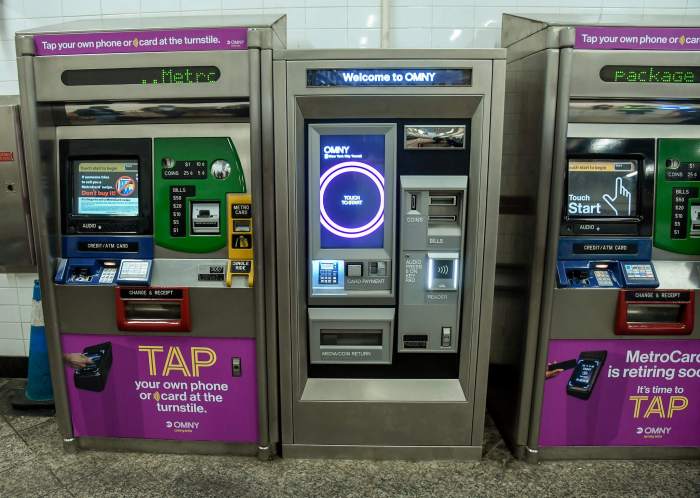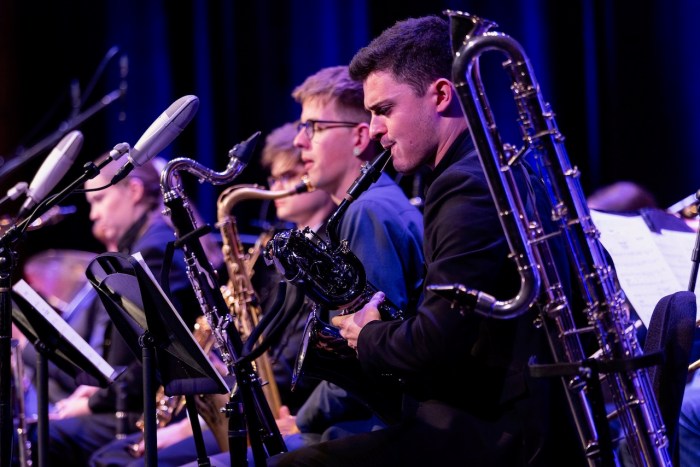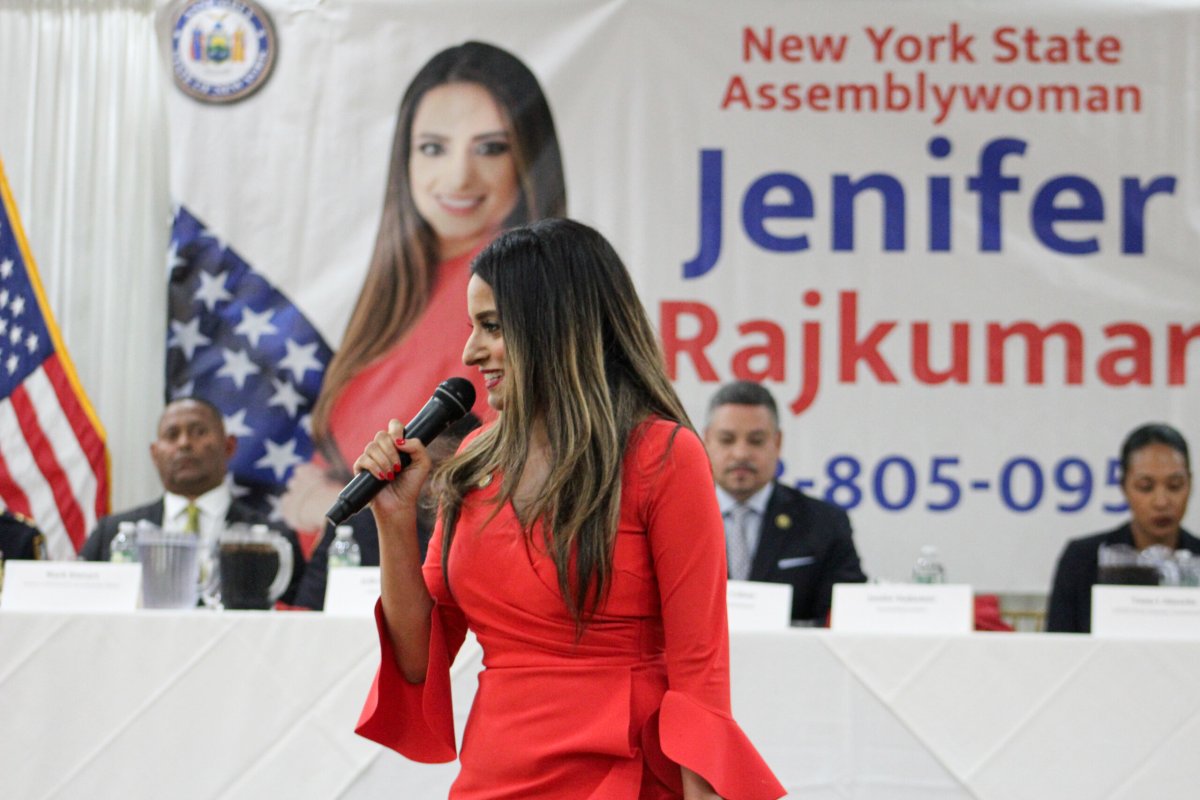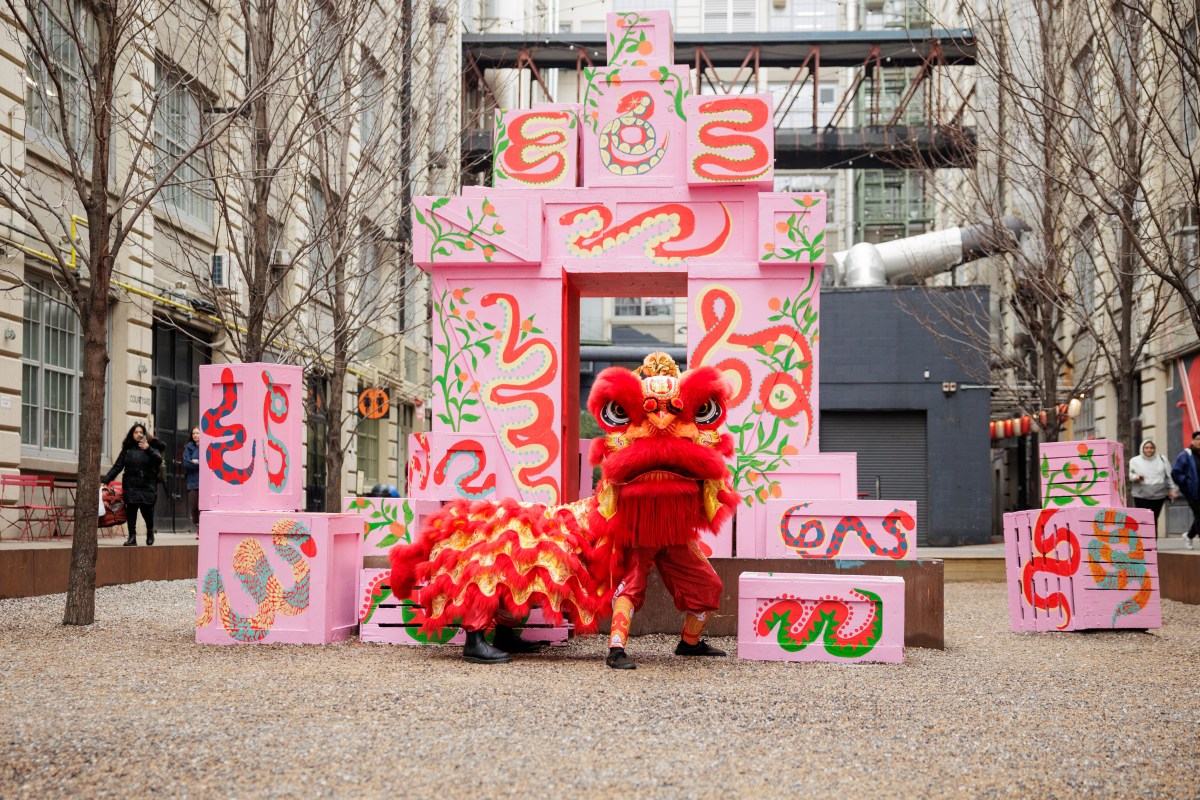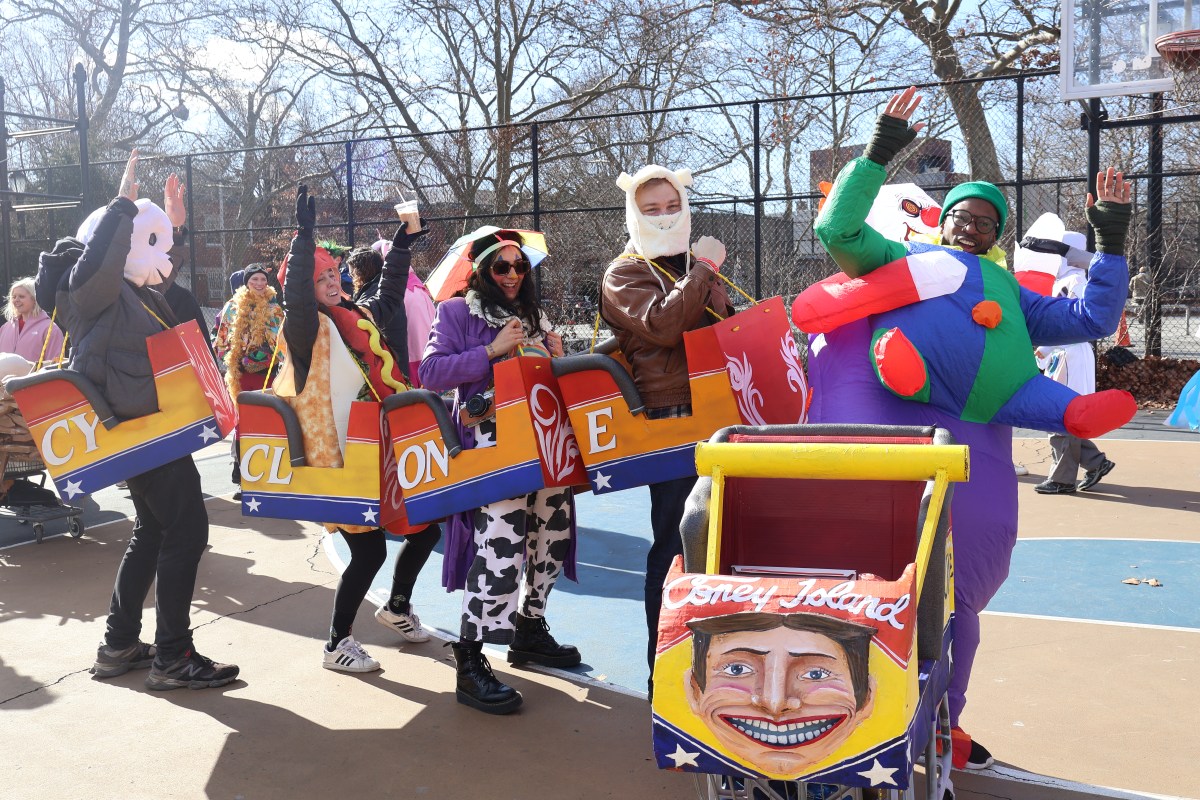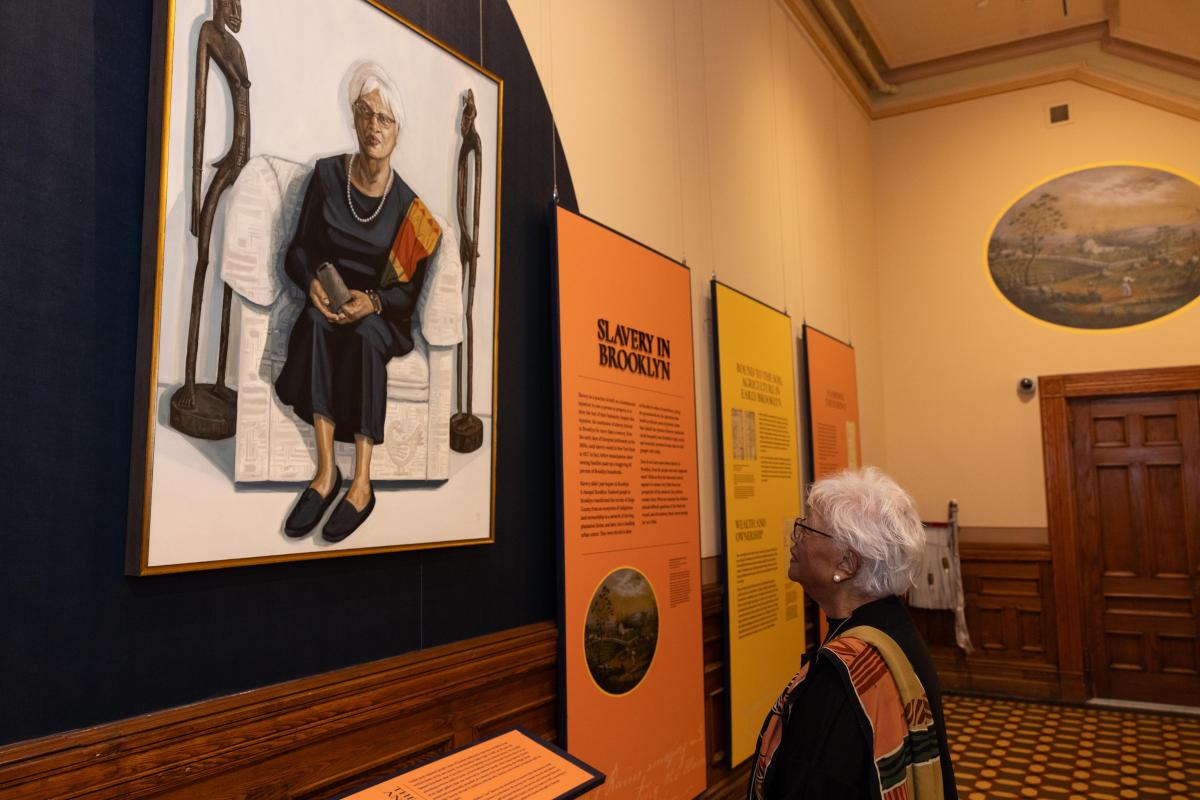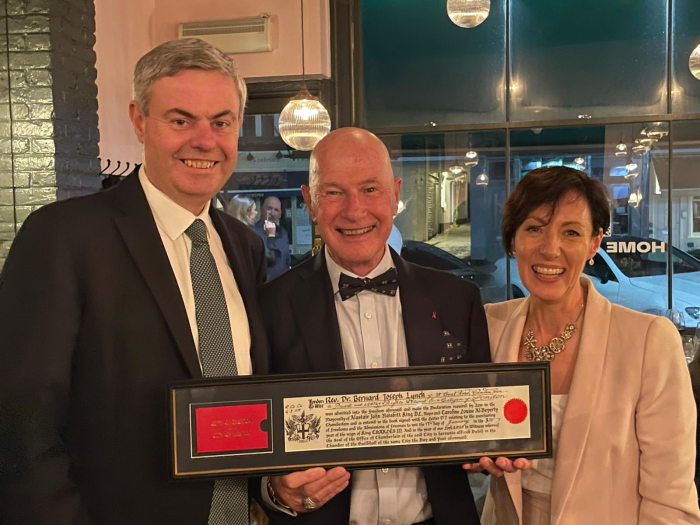
One year ago, few would have imagined that a routine low-level arrest in Staten Island would spark months of protests not only across the city, but across the country.
NYC had made millions of arrests since the ’90s, when a younger Bill Bratton ushered in an era in which nonviolent offenses, like loose-cigarette peddling, became the focus of police.
The death of Eric Garner at the hands of Officer Daniel Pantaleo, who had made a career off low-level busts, forced the city to ask tough questions of itself. Some, like police union leaders and Bratton himself, thought the scrutiny unfair — bemoaning the Black Lives Matter movement. Elected officials courted a middle ground that straddled two positions: the criminal justice system needed some reform; and we need to rebuild trust between communities and police.
The push for “trust” is misguided and unfair to communities that have long been aggrieved by policing.
Why trust an NYPD that’s fought reform at every turn? From protesting the creation of the Civilian Complaint Review Board in 1993 to dismissing criticism of its stop-and-frisk program, which a federal judge confirmed was largely out of constitutional bounds, the police have insisted they are above reproach. A recent report that alleges NYPD brass erased email evidence of an oft-denied but well-known quota system rightly makes distrust logical and reasonable.
In fact, distrust is healthy. It is an invaluable part of being a New Yorker. It has fueled amateur police videos that have done more to hold police accountable than any of the politicians clamoring for “trust.” Had a bystander trusted cops from the 120th Precinct in Staten Island, he would have never shot the Garner video that opened a nation’s eyes. No, we don’t need to trust cops right now.
That also goes for supposed “reforms” elected officials are pushing. Body cameras for cops take the power out of the hands of civilians. The City Council is toying with mild court reforms, not police reforms. Gov. Andrew Cuomo’s order enacting a special prosecutor over police-involved killings means that Attorney General Eric Schneiderman, a career politician and former deputy sheriff, is the best hope for justice.
One year later, I’m not impressed, and you shouldn’t be, either.
Josmar Trujillo is a trainer, writer and activist with the Coalition to End Broken Windows.






